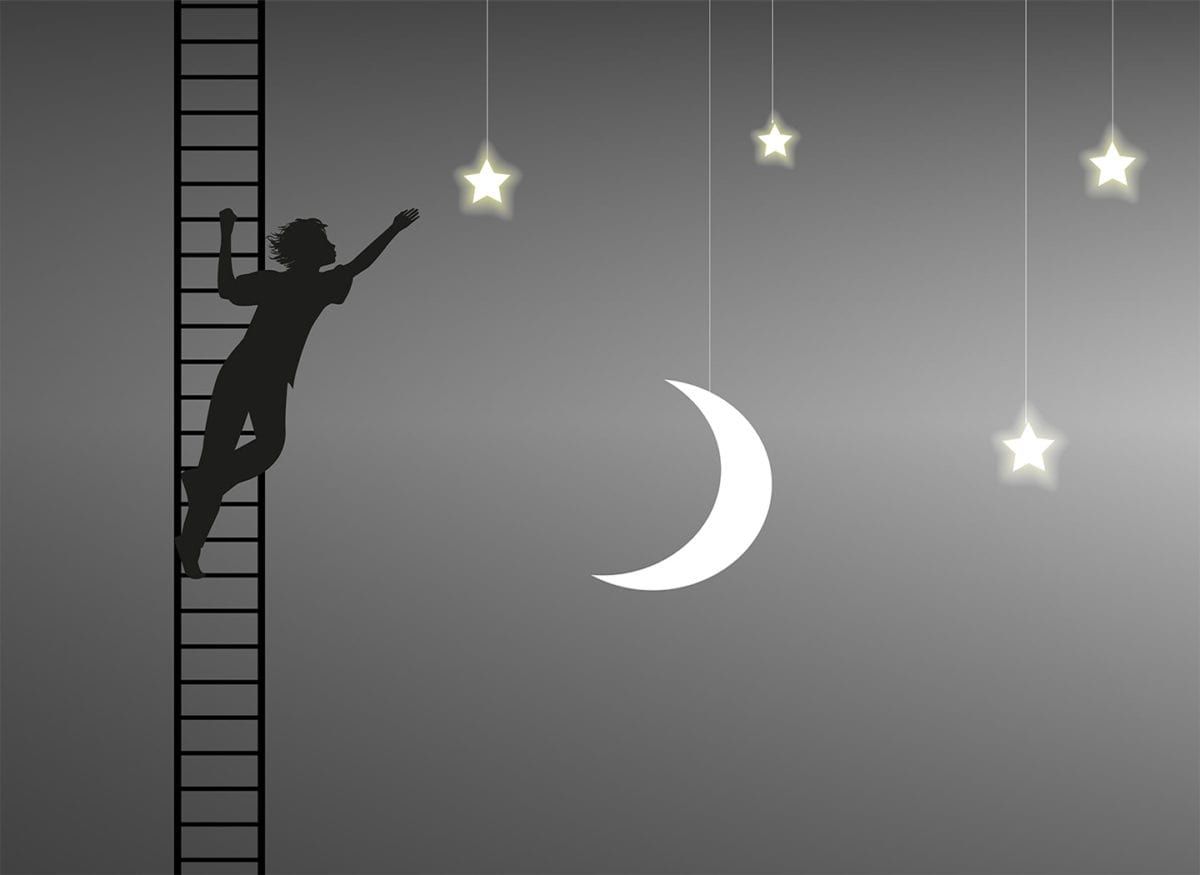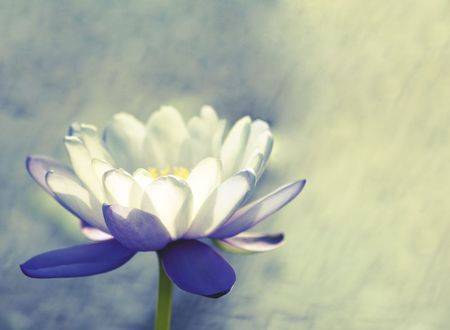Emptiness is a real feeling. It’s not a disorder. It’s not just loneliness, sadness, confusion or disconnection but a mix of all these. At some point in time, each one of us experiences a phase of painful emptiness. I came across a beautiful anonymous quote the other day:
I act like everything is fine. I laugh at people’s jokes, I do silly things with my friends and I act like I have a carefree life. It’s funny though. When I come back home, I just turn off that mental switch. Then suddenly I break down. I feel alone, empty, tired. It’s like I am two different people. One for the public and one for myself. Only if they knew. Only if.
I wonder why? Why are we lonelier than ever before? Why are we more empty even when we seem to have everything? As if the fullness of life is measured in the degree of emptiness. Allow me to share with you a simple but lovely anecdote I read when I was a little kid.
A toddler was busy playing with his toys in the sun. After a while, he noticed a mysterious being next to him mimicking his actions. Fascinated and intrigued by this play, he tried to hold his companion. But, no matter how hard he tried, he couldn’t touch his face or catch hold of him. As like-poles of a magnet repel each other, his friend seemed to be getting away from him.
The child started crying in desperation and his mother came running. Babbling adorably, he explained that he wanted to hold his friend.
“It’s your shadow,” the mother said, laughing at his innocence. “You can’t hold your shadow.”
But, neither did the child understand what she was trying to tell him nor was he having any of it. He cried even louder.
Gently the mother held his hand and asked him to touch his own head, to stroke his own face. The shadow did exactly the same; by clasping himself, he could hold the shadow too. The child laughed like he had unearthed the greatest treasure.
The pleasures of life are like our shadows as well. I’m not saying they are worthless or going after them is futile. Chasing them, however, is a matter of play, at the most a tête-à-tête with your own reflection. All is well as long as we are playing with them, rejoicing in their transience. The moment we want to grab them, own them, the struggle starts. The only sensible way is to catch yourself.
Just like the center of gravity determines the balance of any physical object, we have a center of bliss that affects our emotional and spiritual balance.
Until a child learns to crawl or walk, his mother is his whole world. Ma’s milk is the sweetest food and her lap feels like the safest place. His center of bliss is his mother. As the child grows a bit, his attention oscillates between his toys and his mother. Now, he wants to get out of his mother’s lap and play with his fire truck or police car. His center of bliss moves from his mother to his toys.
A few more years pass and the child wants to play with his friends now. The earlier toys fascinate him no more. The peek-a-boo he used to play with his mother is now embarrassing and ludicrous. The center of his bliss has shifted once again. Neither toys nor his mother. His friends and his own dreams start to occupy his mind.
He grows older and his attention invariably shifts to sensual pleasures. The growing youth now wants to stay out of the home, out of supervision, and have fun. He needs more than what he has to enjoy more than what he can. His center of bliss is divided between carnal pleasures and big boys’ toys.
Gravitating towards the acquisition of wealth, his ambitions fuel him to work harder. He gets a job, starts earning and joins the race of having more and more. At this age, it’s not tiring but exhilarating. There’s a sense of achievement and joy in material progress because his center of bliss is now his career. The attachment to gadgets remains as does the desire (or need) for bodily pleasures but the fascination starts to wear off. Those things become a part of routine life.
Once he has a family, a few more years pass and he’s engrossed in taking care of his kids and family. Everyone around him is focused on their own lives and suddenly, one day, he (or she) realizes that he is alone. Alone. All alone. This is when emptiness hits him hard. Mother, toys, learning, success, sex, wealth, or family are no longer his center of bliss. He’s not ready to forgo the pleasures because of how empty life would be without these, he thinks.
Holding on to these pleasures is of little help though. Emptiness continues to haunt him leading to confusion, loneliness and a sense of lacking. There seems to be no way out. Life feels to have no purpose or meaning. No direction or charm. Forget contentment and happiness.
The key is to have your center of bliss rooted in your inner world. It’s never too late to discover it. And if you believe me then let me tell you that this discovery does not start with meditation. That’s only a tiny part of it (your center of attention does determine your center of bliss). The inner journey of discovering yourself, however, begins by consciously cultivating emotions of contentment, gratitude and compassion.
You cannot be empty if you are content, you can’t be sad if you are grateful, you can’t be angry if you are compassionate.
Fill yourself with love. It’s worth it. Recalibrate your thoughts, so you may realign your emotions.
Scriptures call it shunayata (IAST: śūnyatā) from the Sanskrit word shunya which means zero or emptiness. It is the essence of life and all perceptible phenomena.
In the dark night of the soul, when you lose your own reflection, when aching emptiness becomes unbearable loneliness, just sit tight and wait for the dawn. The sun will rise again and the shadows of joy will enthrall you one more time. Bear in mind though, shadows are just that — shadows. They are impermanent and unstable. Everything is. This is life. This is fine. This is beautiful.
Peace.
Swami
A GOOD STORY
There were four members in a household. Everybody, Somebody, Anybody and Nobody. A bill was overdue. Everybody thought Somebody would do it. Anybody could have done it but Nobody did it.
Don't leave empty-handed, consider contributing.It's a good thing to do today.









Comments & Discussion
23 COMMENTS
Please login to read members' comments and participate in the discussion.